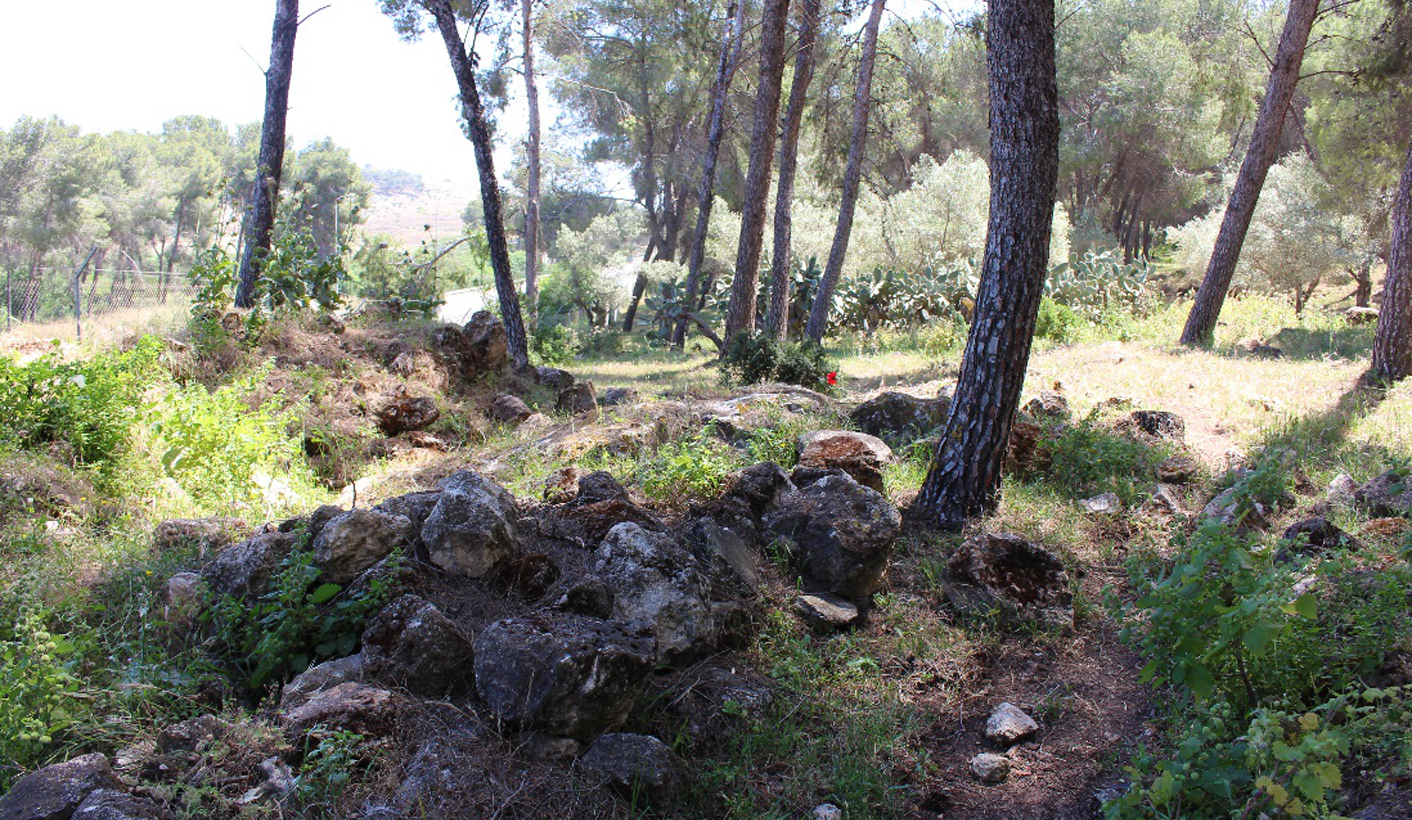“As children, we had put our pocket money into the blue boxes of the Jewish National Fund (JNF), believing that the money was going towards greening Israel. We later discovered our money had been used to plant a forest over the remnants of a Palestinian village – Lubya, destroyed in the 1948 Nakba.”
This was part of a moving apology issued by a group of Jewish South Africans, in a bid to acknowledge their unwitting contribution to the displacement of Palestinians. The group recently journeyed to the occupied territories in a visit aimed at making amends for their involvement, as well as to highlight the growing Jewish voice in opposition to Israel’s illegal occupation of Palestine.
Monies from the JNF were funnelled towards the establishment of a forest named the South Africa Park, situated in the town of Lavi; itself built on the ruins of Lubya. During their trip, they were joined by Palestinian descendants of the old town in a moving ceremony to recognise the role played by South African Jews in the erasing of Lubya’s history. The ceremony was also attended by other internally displaced Palestinians, as well as Israeli’s opposed to the actions of their state.
Emma Daitz, a doctoral student at UCT’s Sociology department said there was power in having a critical voice coming from within the Jewish community itself, at a time when Zionists were claiming to speak on behalf of the Jewish population as a whole.
With the Palestinians having been all too welcoming to the group and their planned ceremony, Daitz said this was sufficient proof that Jews could still join the Palestinians in their struggle for justice. Holding them back according to her was a fear that without an Israeli state in its current form, Jews could potentially be ‘driven into the sea’. Despite this, there were many in Israel who did envision a future where they could reside in harmony with the Palestinians.
“Some have thought quite carefully about what return means. It does not necessarily mean the obliteration of a people who are now also native to that part of the world,” she explained.
Heidi Grunebaum, senior researcher at UWC’s Centre for Humanities Research was eager to stress that whilst the case of Lubya was extremely significant, it was but one of 500 other villages and towns depopulated during the 1948 Palestine/Israel war.
Last month’s journey was not Grunebaum’s only journey to the occupied territories however, having worked with South African director Mark Kaplan on the documentary ‘The Village under the Forest’, detailing the story of Lubya. She declared the making of the film, as well as her engagement with local Palestinians as an incredibly humbling experience.
“You don’t know that up until 67 years ago there were people living there. It would be easy to just relegate it to all of the archaeological ruins and sights in the land. It was deeply moving and deeply emotional working Mark Kaplan making the film, and meeting Lubians who are displaced inside of the boundaries of the 1949 armistice line inside of what is Palestine,” she said.
Despite the controversial nature of the film, at least be Israeli standards, she admitted it had not received the kind of backlash first anticipated. This was put down to a change in tone and language in which the Palestine/Israel comflict was addressed, straying from the common ‘register of war’ to a more humanitarian angle. This meant that their film had yet to be the victim of any kind of censorship.
“It hasn’t happen to our film. We’ve had an incredibly warm reception and as well as access to a number of festival and theatre venues,” she said.
To watch the film, you may submit a request using the email addresses provided at www.villageunderforest.com. VOC (Mubeen Banderker)






 WhatsApp us
WhatsApp us 

